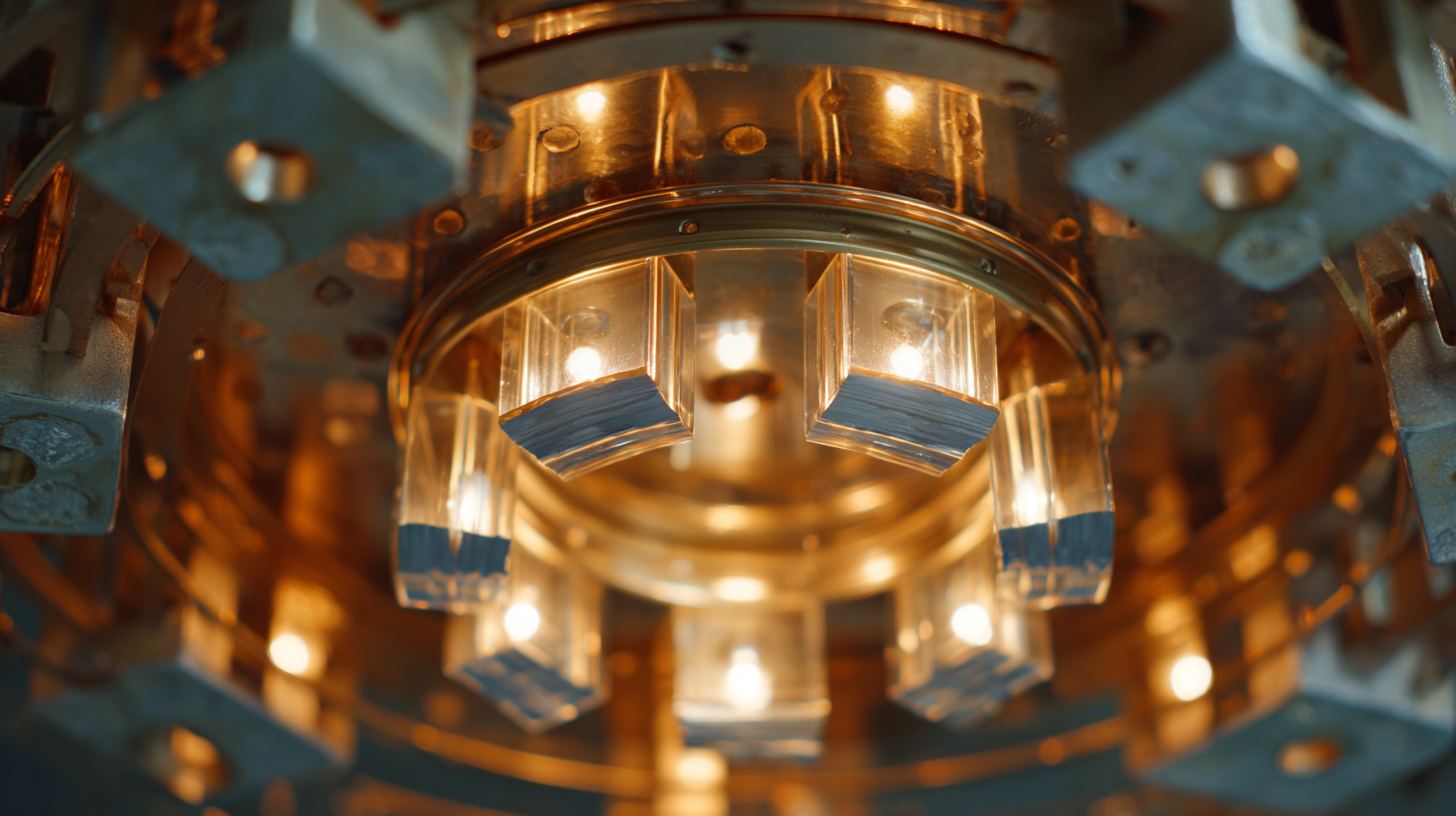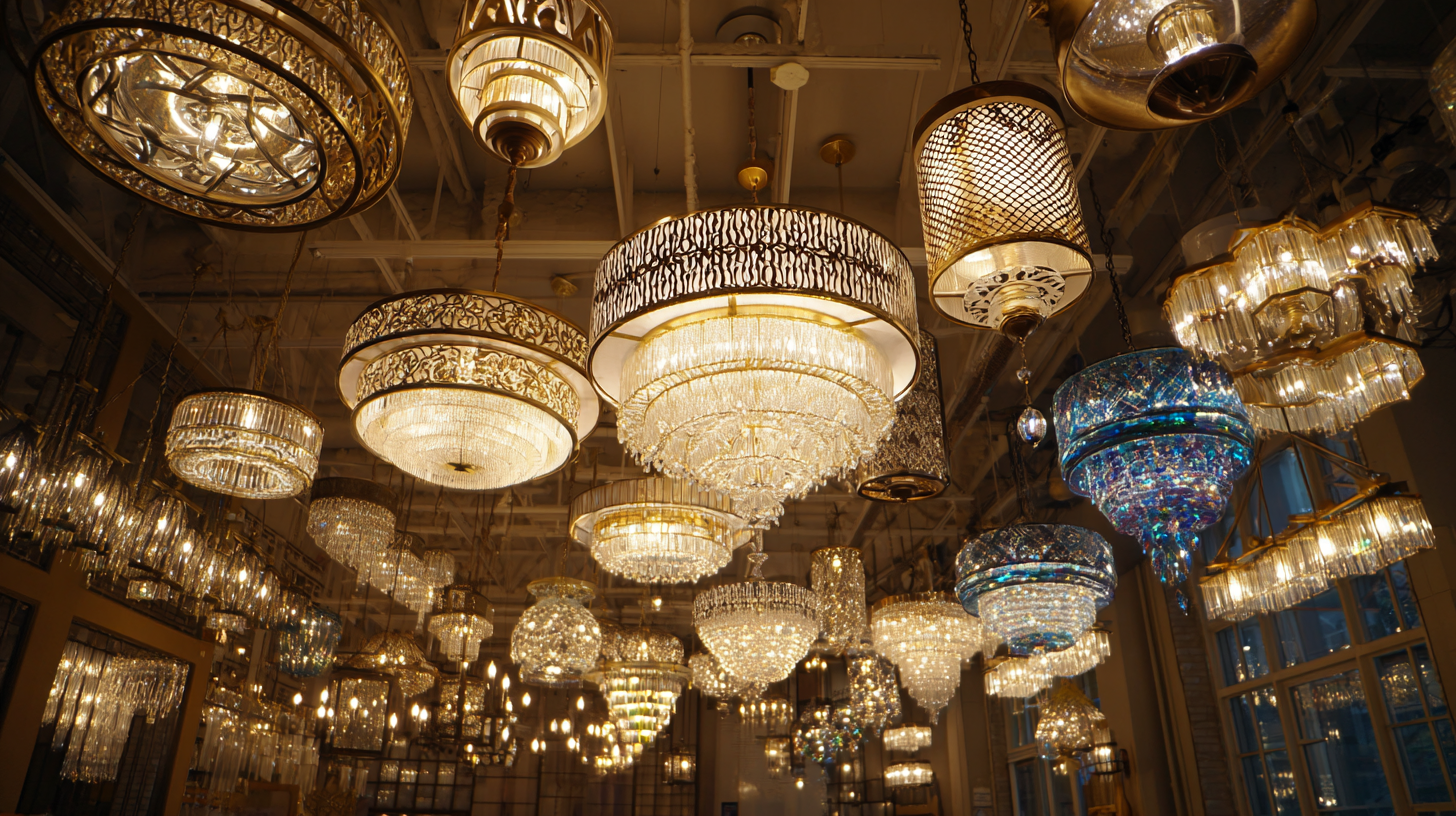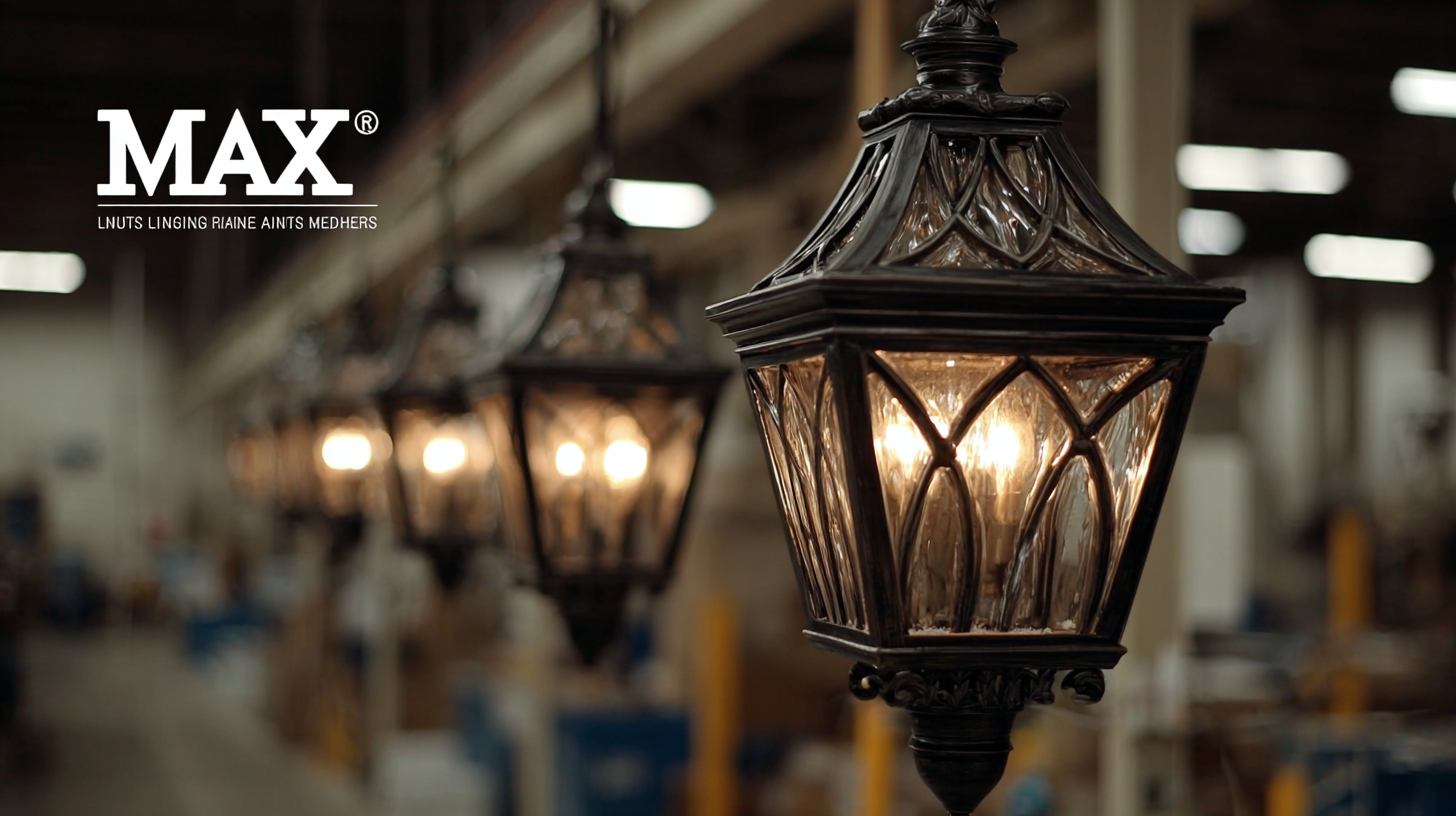
Maximizing Value with Best Lighting Fixtures Mold Through Superior After Sales Service and Maintenance Strategies
In the competitive world of interior design and architecture, choosing the right lighting fixtures mold can significantly enhance the aesthetic and functional value of any space. However, the journey doesn't end with the selection and installation of these fixtures; the quality of after-sales service and maintenance plays a crucial role in maximizing their long-term value. This blog explores innovative strategies to optimize the performance and longevity of lighting fixtures mold through superior after-sales support. We will delve into key maintenance practices, customer service excellence, and how these elements contribute to customer satisfaction and repeat business.

By understanding the importance of maintaining your lighting fixtures mold, we can ensure that investments in high-quality products yield the best possible returns, creating spaces that remain vibrant and inviting for years to come.
Maximizing Energy Efficiency: The Role of High-Quality Lighting Fixtures in Modern Industries
In modern industries, the integration of high-quality lighting fixtures plays a crucial role in maximizing energy efficiency. As the global microinverter market is projected to grow significantly, from $4.12 billion in 2024 to $15.40 billion by 2032 at a compound annual growth rate (CAGR) of 17.92%, the demand for advanced lighting solutions is on the rise. High-quality fixtures not only enhance the aesthetic appeal of workspaces but also contribute to substantial reductions in energy consumption, thereby lowering operational costs for businesses.
The implementation of IoT-enabled smart energy hub systems is also revolutionizing how industries approach energy management. These innovative systems allow for real-time monitoring and optimization of energy usage, further enhancing the efficiency of lighting solutions. However, challenges remain in integrating these technologies seamlessly with existing infrastructure.
The need for superior after-sales service and maintenance strategies becomes essential, ensuring that lighting systems operate at peak efficiency while meeting the evolving demands of modern workplaces. Ultimately, prioritizing quality in lighting fixtures, alongside advanced energy management solutions, will be key to achieving sustainable growth in various sectors.
The Impact of Superior After-Sales Service on Brand Loyalty and Customer Satisfaction
After-sales service plays a critical role in shaping brand loyalty and customer satisfaction in the lighting fixture industry. According to a report by Bain & Company, a 5% increase in customer retention can lead to a 25% to 95% increase in profits. This statistic underscores the importance of comprehensive after-sales support, which includes regular maintenance strategies and responsive customer service. Brands that invest in superior after-sales service can significantly enhance the customer experience, fostering loyalty that transcends the initial purchase.

Moreover, research conducted by the American Customer Satisfaction Index (ACSI) reveals that companies providing excellent after-sales service achieve more than 20% higher customer satisfaction scores compared to their competitors. As customers become increasingly discerning, those brands that prioritize engagement through effective maintenance services and prompt issue resolution are more likely to build strong relationships. By implementing tailored after-sales strategies, businesses can not only boost customer satisfaction but also secure a competitive edge in an ever-evolving marketplace.
Comparative Analysis: Maintenance Strategies for Long-Lasting Lighting Solutions in Various Sectors
When analyzing maintenance strategies for lighting solutions in various sectors, it is crucial to consider an integrated approach that maximizes long-term durability and performance. Different industries face unique challenges, from high-traffic commercial areas requiring robust fixtures to delicate environments such as museums, where uniform lighting is key to conservation. Tailoring maintenance plans to the specific needs of each sector can significantly enhance the lifespan of lighting solutions.
Tip 1: Regular inspections and preventive maintenance are essential. Establish a schedule for checking fixtures, cleaning lenses, and replacing worn-out components to prevent unexpected failures.
Tip 2: Invest in quality lighting fixtures. A well-chosen fixture can withstand the rigors of its environment, reducing the need for frequent maintenance. Consider energy-efficient options that not only lower operating costs but also contribute to sustainable practices.
Tip 3: Provide training for staff on the importance of proper usage and care of lighting systems. Educating users helps in maintaining the fixtures and promotes an environment that maximizes both safety and aesthetic value.
Data Insights: The Financial Benefits of Investing in Premium Lighting and Maintenance Services
Investing in premium lighting fixtures is not just about aesthetics; it's a strategic financial decision that can yield significant returns. High-quality lighting not only enhances the ambiance of a space but also contributes to energy efficiency and longevity, reducing overall costs in the long run. By selecting superior fixtures and integrating them into your environment, you capitalize on lower energy bills and decreased maintenance needs, which can greatly benefit both residential and commercial spaces.

Moreover, the value of after-sales service and maintenance strategies cannot be underestimated. Regular maintenance ensures that lighting systems operate at peak efficiency, minimizing the risk of costly repairs and disruptions. A proactive approach to service not only extends the lifespan of fixtures but also keeps them looking and functioning their best, further maximizing investment value. By leveraging data insights on usage patterns and maintenance schedules, businesses can identify optimal service intervals and maximize the financial advantages of their premium lighting choices.
Innovations in Smart Lighting: Enhancing Performance Through Advanced Technology and Support Systems
In recent years, the lighting industry has witnessed a transformative shift towards smart lighting solutions, driven by advanced technology and innovative support systems. According to a report by MarketsandMarkets, the global smart lighting market is projected to reach $24 billion by 2027, growing at a compound annual growth rate (CAGR) of 23% from 2022. This rapid growth underscores the increasing demand for intelligent lighting solutions that not only enhance energy efficiency but also elevate user experience through adaptability and control.
Innovations in smart lighting include features such as integration with IoT devices, which allow for real-time adjustments and energy monitoring. For instance, Philips Hue has reported that their intelligent lighting systems can lead to energy savings of up to 80% compared to traditional lighting. Additionally, these systems can be customized through mobile apps, providing users with the ability to set schedules, adjust brightness, and even change colors to suit various moods and activities. This level of personalization is bolstered by ongoing developments in customer support and after-sales service, ensuring that users can optimize their lighting setups to maximize comfort and utility.
